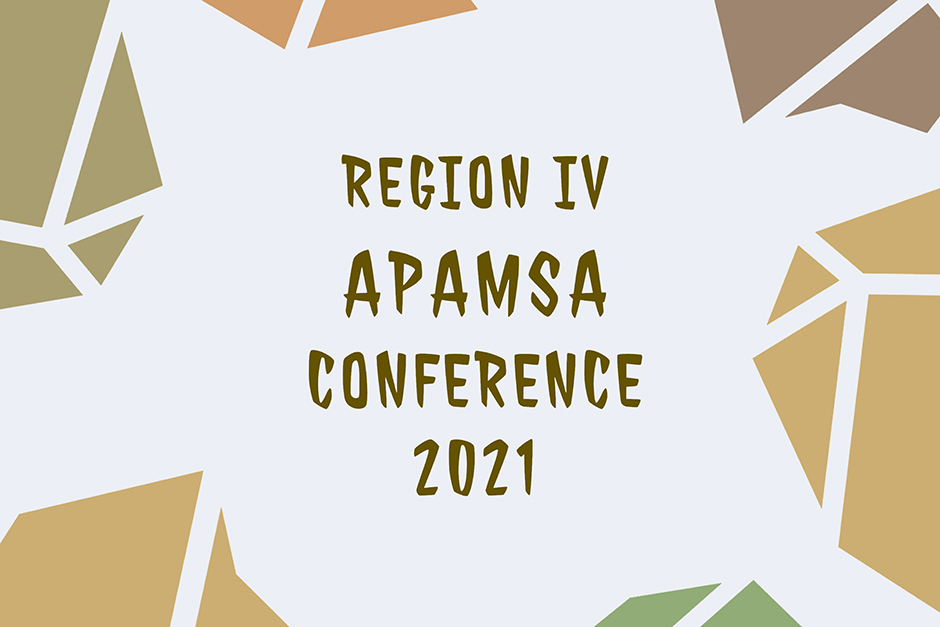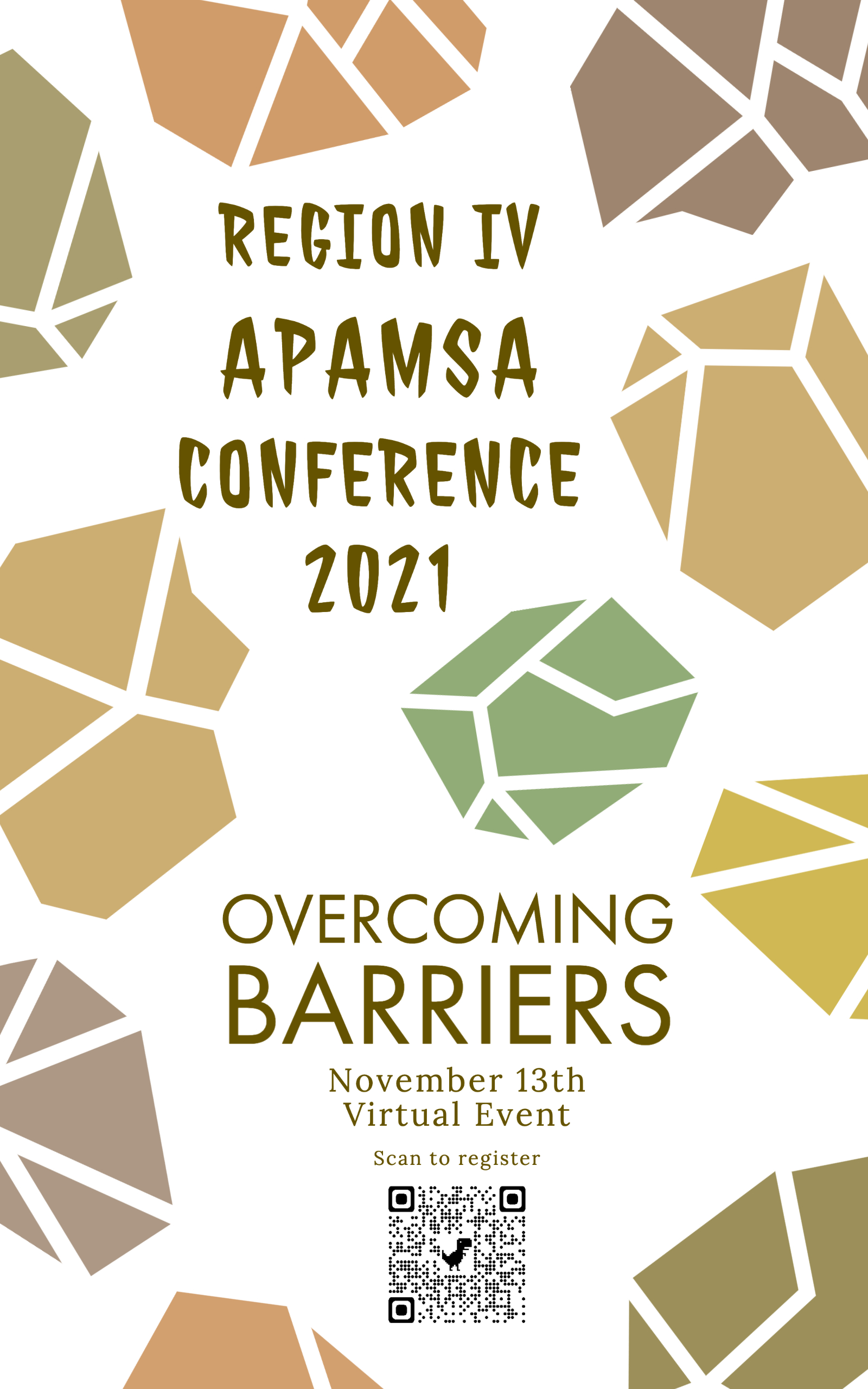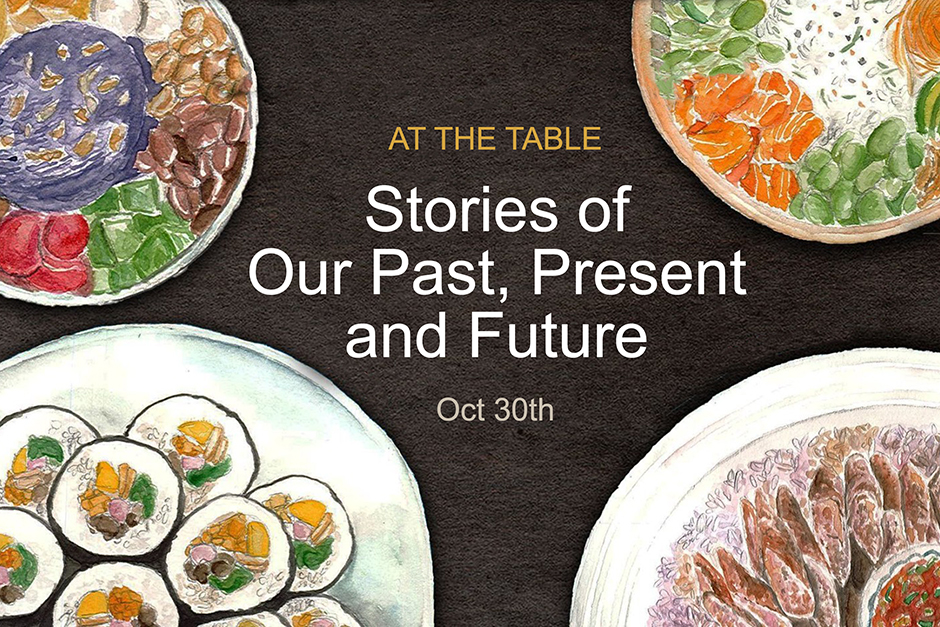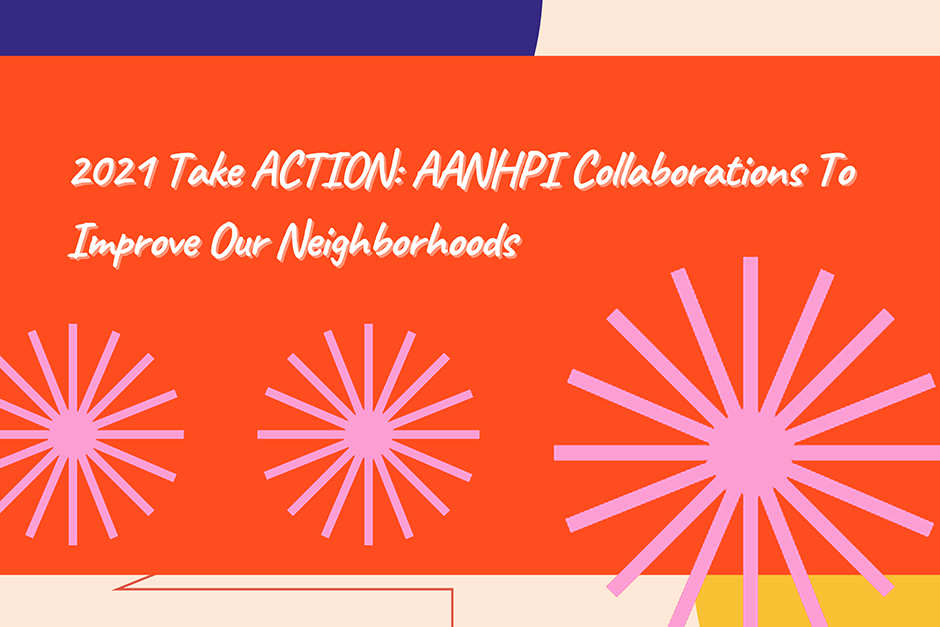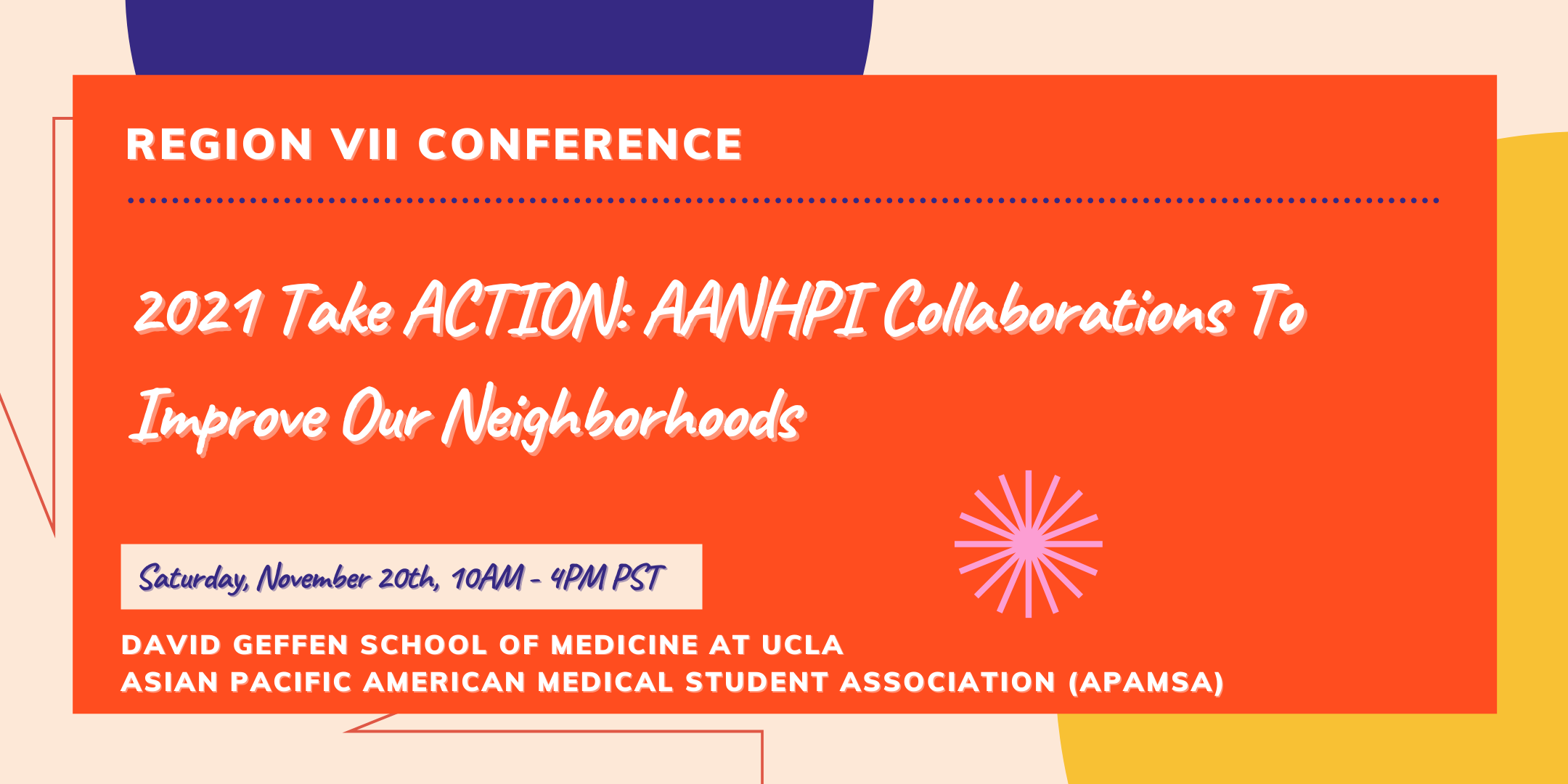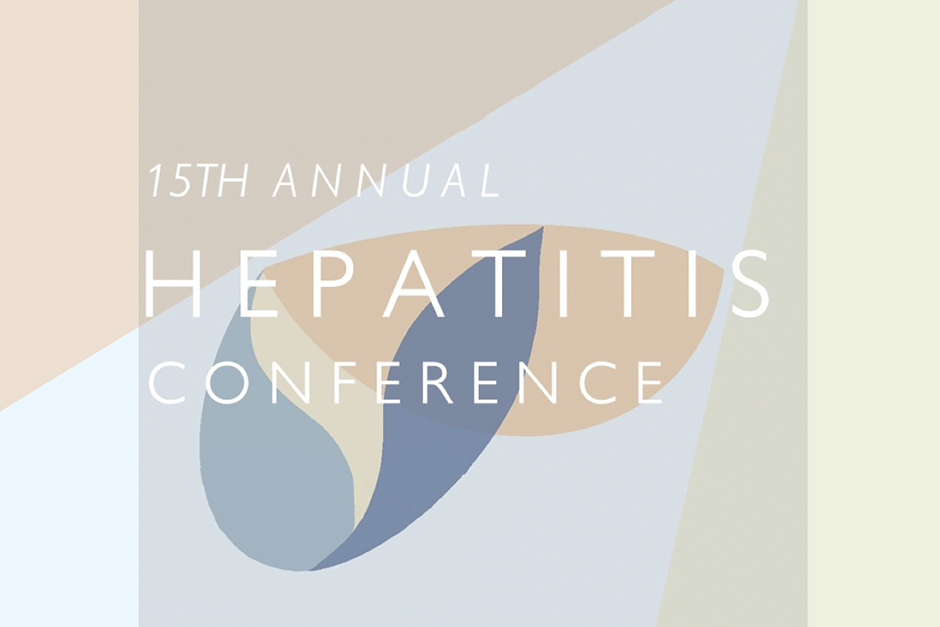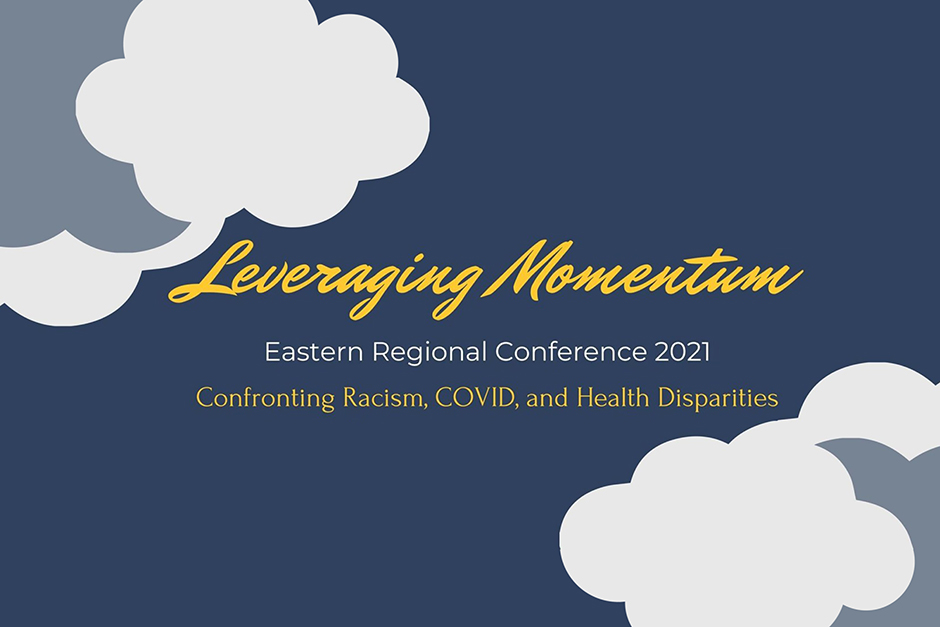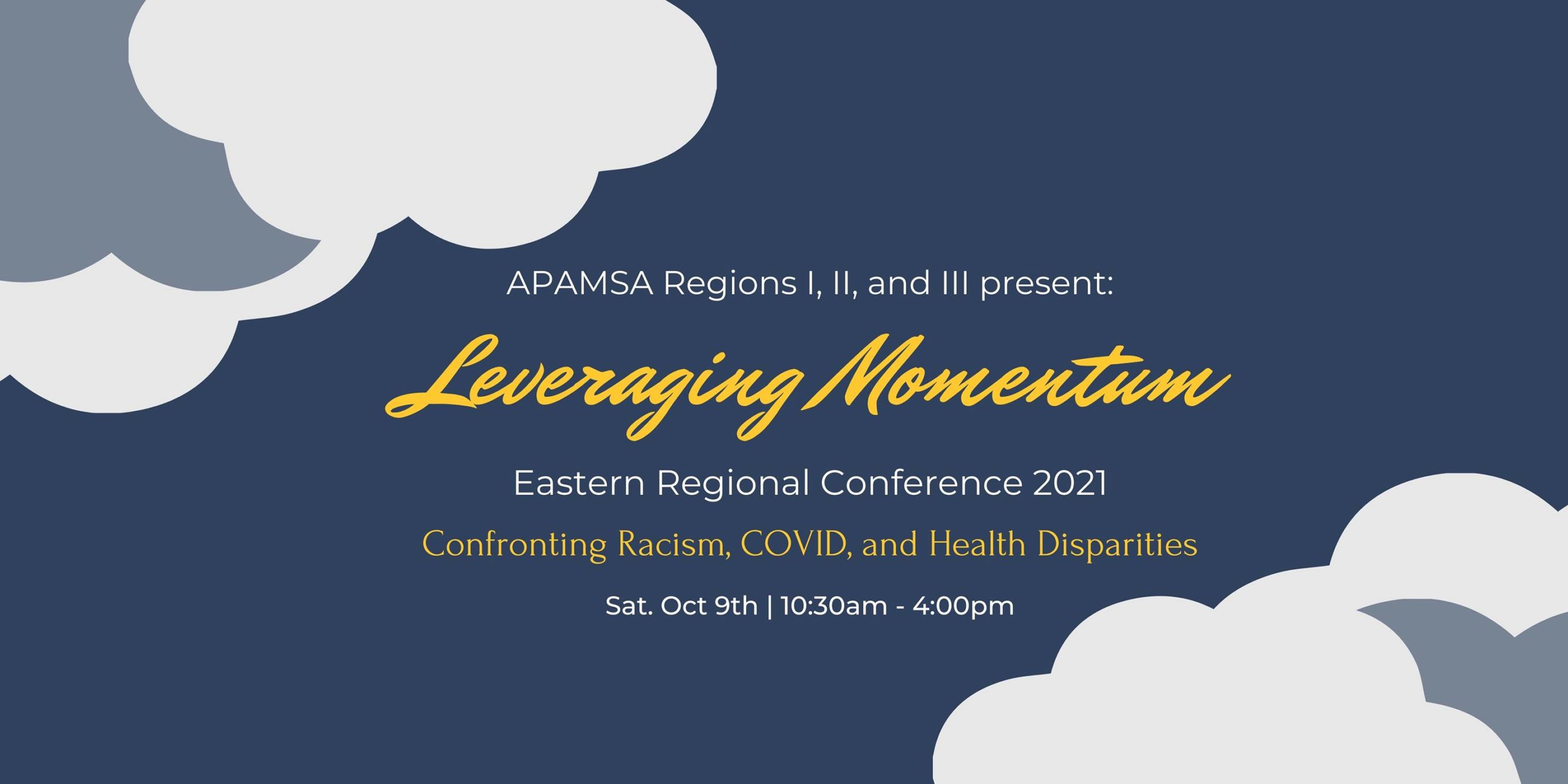2021 Region 4 Conference
Overcoming Barriers
DATE: November 13, 2021
TIME: 9:00 AM EST – 2:00 PM EST
LOCATION: Online.
REGISTER: HERE
Contact Us
Questions? Contact our Regional Directors.
2021 Region 6 and 9 Conference
At the Table: Stories of Our Past, Present, and Future
DATE: October 30, 2021
TIME: 12:00 PM PST – 4:00 PM PST | 2:00 PM CST – 6:00 PM CST
FOR MORE INFORMATION: randomplace.org
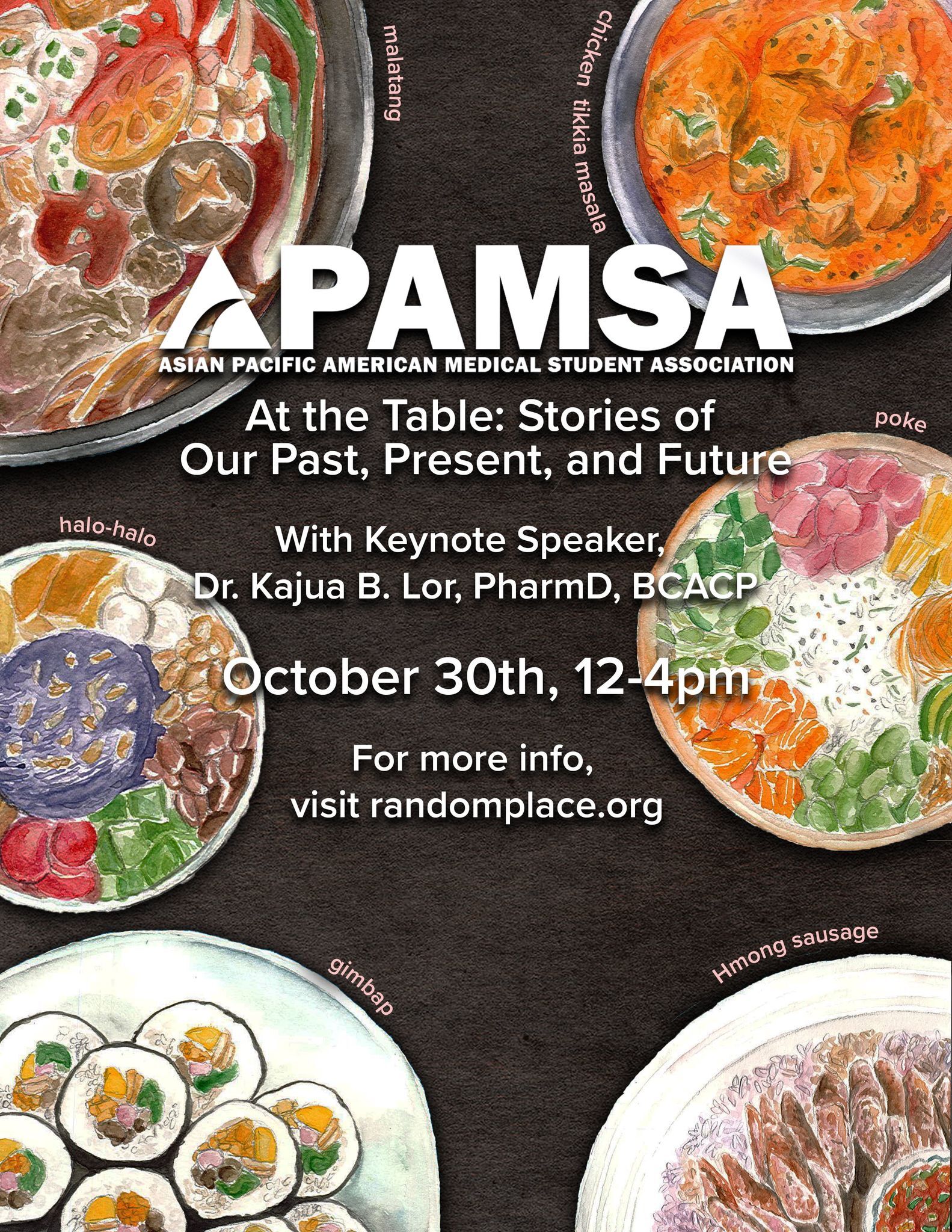
Contact Us
Questions? Contact our Regional Directors.
2021 Region 7 Conference
Take ACTION: AANHPI Collaborations to Improve Our Neighborhoods
DATE: November 20, 2021
TIME: 10:00 AM PST – 4:00 PM PST
LOCATION: Virtual
Contact Us
Questions? Contact our Regional Directors.
2021 Hepatitis Conference
Agents of Change: Celebrating Resilience, Addressing Inequalities, and Marching Forward
DATE: November 13, 2021
TIME: 9:00 AM PST – 3:30 PM PST | 11:00 AM CST – 5:30 PM CST
LOCATION: Online.
REGISTER: www.apamsahepconference.com/registration
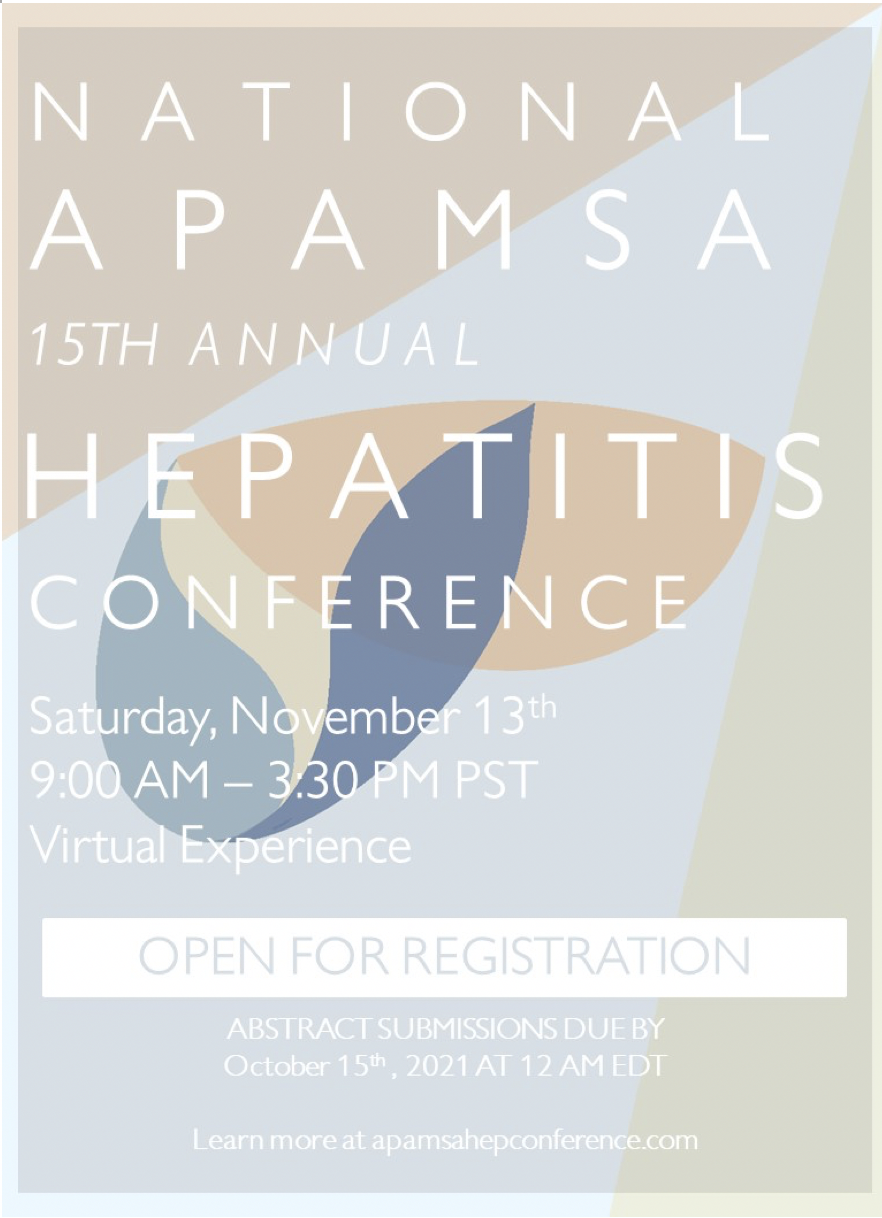
We are pleased to invite you to the 15th Annual National APAMSA Hepatitis Conference.
Each year, we strive to collectively engage in the global fight against hepatitis B and C and to raise awareness about health disparities and their impact within the Asian American, Native Hawaiian, and Pacific Islander (AANHPI) population.
The objectives of the conference are to raise awareness about the impact of hepatitis B and C on the AANHPI community, to encourage future health care providers to advocate for policy changes to address the current health disparities that the AANHPI community face, to provide opportunities for current health profession students to network with prominent leaders in hepatology and to provide a venue for students to present their research on topics related to GI/hepatology.
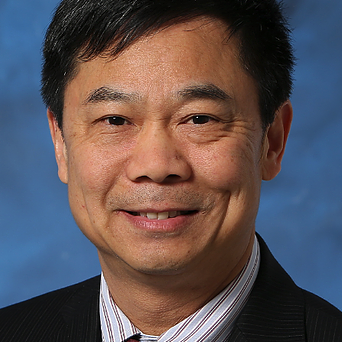
Ke-qin Hu, M.D., FAASLD
Director of Hepatology Services and Professor of Medicine at the University of California, Irvine School of Medicine
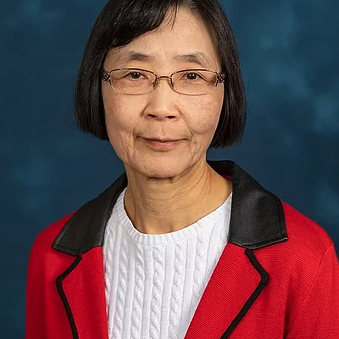
Anna Suk-Fong Lok, M.D., DSc (Hon), FAASLD, AGAF
Director of the Hepatology Program and Assistant Dean for Clinical Research
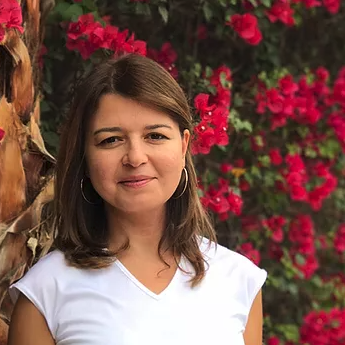
Mehlika Toy, Ph.D.
Epidemiologist and Instructor at Stanford University, School of Medicine
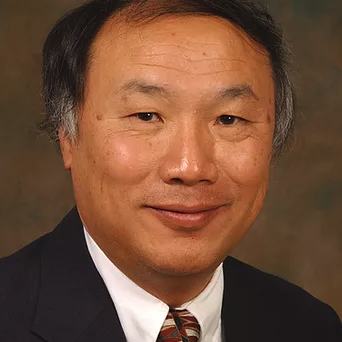
Moon S. Chen, Jr. Ph.D.
Professor, Division of Hematology and Oncology, UC Davis School of Medicine and the Associate Director, Community Outreach/Engagement for the UC Davis Comprehensive Cancer Center
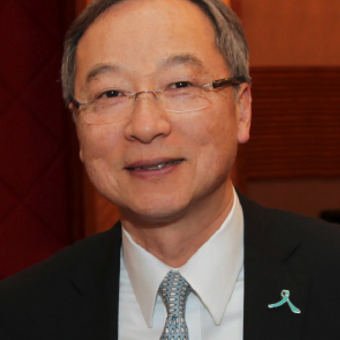
Samuel So, MD
Lui Hac Minh Professor and Professor of Surgery at Stanford University
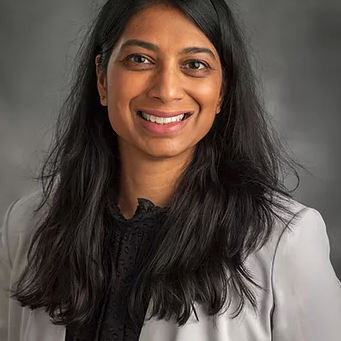
Ponni Perumalswami, M.D.
Associate Professor Medicine in Gastroenterology and Hepatology at University of Michigan and the Ann Arbor VA Healthcare System
9:00 PST
Morning Speakers
9:10 PST
Keynote Speaker
10:00 PST
Speaker One
10:40 PST
Speaker Two
11:20 PST
Speaker Three
12:00 PST
Mentorship Luncheon
1:35 PST
Research Presentations
2:15 PST
Breakout Workshops
3:15 PST
Closing Remarks
3:30 PST
Social
Contact Us
Questions? Visit https://www.apamsahepconference.com/
2021 Region 1-3 (Eastern Regional) Conference
Confronting Racism, COVID, and Health Disparities
DATE: October 9, 2021
TIME: 10:30 AM EST – 4:00 PM EST
LOCATION: Online
Contact Us
Questions? Contact our Regional Directors.
COVID-19 Vaccination Toolkit
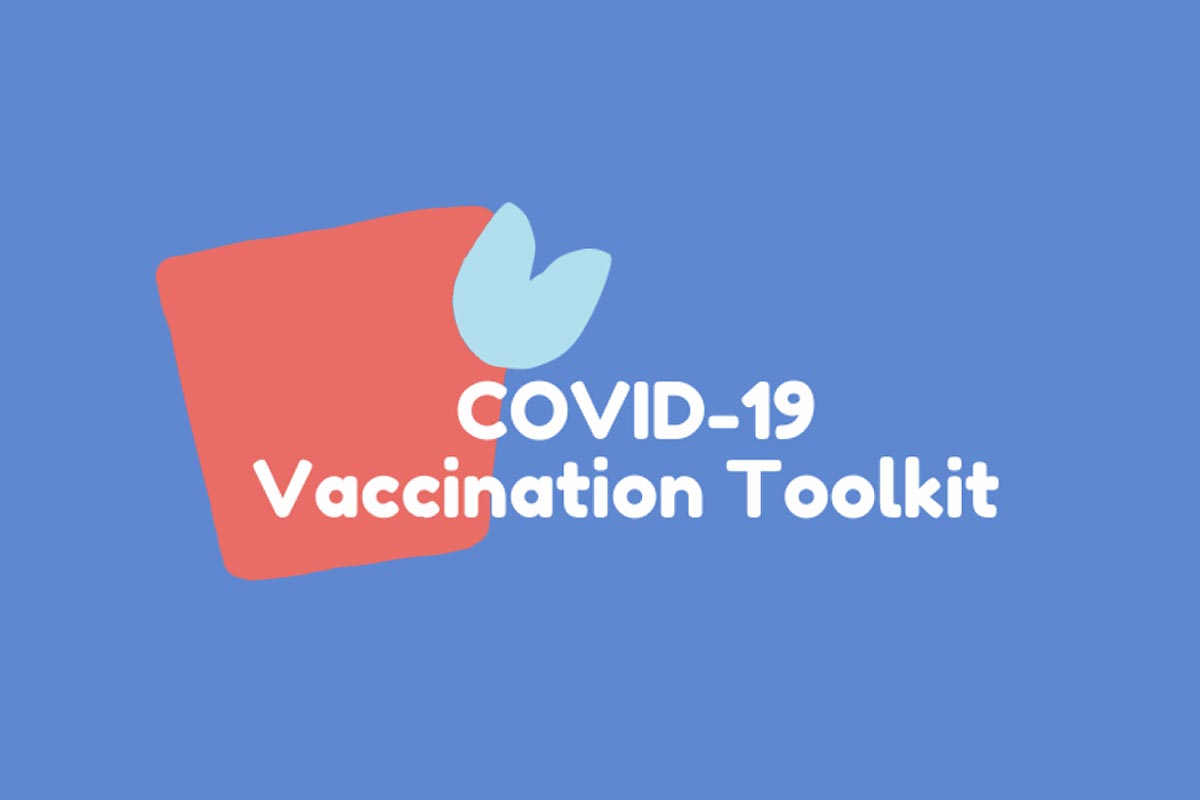
This document is a compilation of resources that address vaccine hesitancy and access for AANHPI communities, particularly focused on providing linguistically and culturally appropriate information. A study conducted by UCSF this year found that 34% of AAPI respondents were concerned about the vaccine’s side effects, 6% were worried about vaccine safety, and 36% had multiple concerns regarding the vaccine.
Moreover, the barriers faced by AANHPI individuals during COVID is telling of other long-standing challenges the community has faced historically. One such problem is with data disaggregation. Many locales do not even include Asian American as an option for ethnicity in surveys, let alone subdivisions of the vast diversity within the AANHPI community. COVID-19 morbidity and mortality are also not well studied for AANHPI populations. From the sparse data that we do have, we know that many of the disparities in care are masked. For instance, in NYC’s public hospital system, South Asians had the second highest rate of positivity (after Hispanics) and second highest rate of hospitalization (after Blacks), and Chinese patients had the highest mortality of all groups. Despite this, Asian Americans are not listed as a vulnerable population by the National Academy of Sciences Engineering Medicine*. In the absence of disaggregated data, it is difficult to allocate appropriate resources to address problems like vaccine hesitancy and access barriers for the diverse AANHPI groups in the country.
Thus, we hope that this document is able to provide the language and resources for AANHPI medical students to speak to their family, friends, and others in the community to better address the concerns and questions about COVID-19 and the vaccine.
APAMSA offers Community Outreach Grants to chapters that may want to reach out to their local communities. For more information contact the outreach@apamsa.org.
*For more information on how COVID-19 has impacted AANHPI subgroups, please refer here.
Table of Contents
How to Address Vaccine Hesitancy:
Chinese (Simplified/Traditional):
How to Address Vaccine Hesitancy:
Guide to COVID-19 Vaccine Communication
Chinese (Simplified/Traditional):
CDC Viral Vector Vaccines Infosheet / CDC Viral Vector Vaccines Infosheet
CDC mRNA Vaccines Infosheet / CDC mRNA Vaccines Infosheet
LA County Vaccine FAQ / LA County Vaccine FAQ
CT Official Website COVID-19 Facts / CT Official Website COVID-19 Facts
How did the vaccine get developed so quickly? / How did the vaccine get developed so quickly?
Is the vaccine safe? / Is the vaccine safe?
Pfizer and Moderna Ingredients / Pfizer and Moderna Ingredients
Avoiding Vaccine Scams / Avoiding Vaccine Scams
Vaccine Safety Video / Vaccine Safety Video
Geographic Specific Information:
Hindi:
CT Official Website COVID-19 Facts
How did the vaccine get developed so quickly?
Pfizer and Moderna Ingredients
Hmong:
Japanese:
Karen:
Khmer:
CT Official Website COVID-19 Facts
How did the vaccine get developed so quickly?
Pfizer and Moderna Ingredients
Korean:
CDC Viral Vector Vaccines Infosheet
CT Official Website COVID-19 Facts
How did the vaccine get developed so quickly?
Pfizer and Moderna Ingredients
Geographic Specific Information:
-
CA:
-
NYC:
Lao:
CT Official Website COVID-19 Facts
Pfizer and Moderna Ingredients
How did the vaccine get developed so quickly?
Nepali:
Tagalog:
CDC Viral Vector Vaccines Infosheet
Geographic Specific Information:
Tamil:
Telugu:
Thai:
Vietnamese:
CDC Viral Vector Vaccines Infosheet
CT Official Website COVID-19 Facts
How did the vaccine get developed so quickly?
Pfizer and Moderna Ingredients
Geographic Specific Information:
Leadership and Membership Transition
CHAPTER LEADERSHIP AND MEMBERSHIP UPDATE
Please complete this Google form to update your local chapter leadership! Then, email your respective regional directors at region#@apamsa.org (insert your region number for #), membership@apamsa.org, and database@apamsa.org.
Don’t know your region #? Check out the APAMSA regional map HERE (scroll to the bottom)!
Have Questions? Contact our Database Director (database@apamsa.org).
We are no longer asking local chapters to complete an Excel sheet to update membership. Instead, we will be replacing it with a new membership process.
We highly encourage ALL local chapter officers/members to SIGN UP NOW for our official membership through JoinIt as a paying member! Please join in order to continue receiving exclusive newsletters about national and regional APAMSA events. For more information, including membership benefits and general FAQs, check out our updated website HERE.
To sign up for ONLY general newsletters without membership benefits (non-paying), click HERE.
ABOUT:
APAMSA is a national organization of health professional students and pre-health students committed to addressing the unique health challenges of Asian American, Native Hawaiian, & Pacific Islander (AANHPI) communities. With an organized membership system, we are able to support APAMSA, our chapters, and our mission. All membership fees go back to chapter funding and will support scholarships for the communities we serve.
If you have any questions, please email membership@apamsa.org.
Annual Officer Timeline
Congratulations on being elected a chapter officer. Here’s a timeline of events to help guide you through the year. Feel free to adapt it so it meets the needs of your chapter.
Late Spring/Summer Timeline
After being elected, make sure you speak to the old officers and get their old files and advice about how to be a good officer.
1. Submit your Leadership Transition and updated rosters with the new officer contacts. Get the supplies, financial reports, and other contacts from previous officers.
2. Register your new officers with your Student Activities office, if required.
3. Include a welcome letter from APAMSA in the new student’s packet mailer, if your school permits.
4. Subscribe yourself to the chapter officers list serv by submitting the Leadership Transition form.
5. During the summer, prepare your recruitment supplies such as fliers and posters so you can post them when new students arrive.
Early Fall Semester
Everyone’s now back at school and things are moving fast.
1. Plan on recruitment activities
2. Hold your first general meeting.
3. Prepare ahead to attend the national conference.
4. Subscribe yourself to the list serv: www.apamsa.org
5. Register your group with Student Activities office if you haven’t already.
6. Represent your chapter at your Student Activities Fair
Late Fall Semester
National Conference is usually in the Fall
1. Announce if your chapter is going to National Conference this year, and solicit attendees
2. Get the Treasurer to file for Travel Funds with your school
3. Look for sample Fundraising Ideas & Resources.
4. Book your flights, accommodations, and make sure your attendees have registered for the National Conference ahead of time.
5. Submit proposed amendments to the Constitution, Letters of Intent, CV if you want to run for National Positions or change the Constitution.
6. Remember to submit MCCs every month!
At National Conference:
1. Attend the workshops and keynote talks, bond with your chapter, see the sights!
2. Run for National or Regional Office, talk about APIA health, and have FUN!
Late Fall/ Winter
1. Get in contact with your newly elected Regional Directors. Contact membership@apamsa.org for their contact information.
2. Try and hold an observance for Diwali/other APIA cultural holidays.
3. Start planning to participate in the National Hepatitis B campaign and Bone Marrow Drive.
Spring Semester
1. Participate in the National Hepatitis B campaign and Bone marrow drive.
2. Stay tuned for info from your regional directors to participate in regional conferences.
1. Hold elections for new chapter officers and do your best to give them as much information as possible, so that your APAMSA chapter can remain active.
Chapter Fundraising
When asking for or raising money, show your dedication and enthusiasm for APAMSA. You should show sponsors and buyers that you want to make your plans a reality and that you have a well thought out plan for accomplishing those goals. You need to clearly state your reasons for why you think your APAMSA programming is needed at your school and what benefit the organization would bring to your school.
Establish A Budge
Make a list of all tentative events and determine estimated costs each event. Don’t forget to include:
-
Food
-
Room booking fee
-
AV fee
-
Thank you cards/gifts for speakers
Seeking Grants and Sponsors
Funding Resources at Your School
Don’t be afraid to ask: Most medical schools, both public and private, are happy to support APA medical student organizations. Be sure to emphasize that your events are open to all members of your medical school. Similarly, select events that will appeal to all your classmates.
Start with school offices which usually have money set aside to fund student organizations. They include:
-
Student Council
-
Office of Student Affairs
-
Office of Diversity
-
Dean’s Office
-
Alumni Association
-
Ask a specific academic department related to your event (for example, the Infectious Disease department or Microbiology department for a Hepatitis B education lecture).
Contact them with details of your events, which should include:
-
Amount of funding requested and cost breakdown
-
Event descriptions
-
Dates
-
Locations
-
Estimated attendance
You can also find local businesses/organizations to support your chapter and events. Use our Sponsorship Guidance Document for instructions on how to work with Sponsorship Directors to contact businesses and seek funds.
Fundraising Ideas
Fundraising in Your Community
Be creative. Planning a fundraiser in your community can be fun, lucrative, and productive. It gives you an opportunity to explain what APAMSA is about and garner support. Some successful ideas from years past include: Charity dance or dinner, Cash / prize raffles, silent auctions, and more.
Consider selling food or items to raise additional funds. They can be related to Asian holidays (ex. Lunar New Year), Asian Pacific American Heritage Month, etc. Make sure you advertise your event with an eye-catching visual!
-
School clothing gear: Patagonia sweaters, t-shirts, crewnecks, etc.
-
Asian-themed snacks: bubble tea, mochi, onigiri, etc.
-
Multicultural potluck lunch
-
Bake sale
Finding Partners
It’s always a good idea to co-sponsor events with other student organizations, particularly if you’re just starting an APAMSA chapter. This fosters collaboration and introduces you to the specific requirements for planning an event at your school. Partner with other student organizations who share similar missions and are willing to split the costs. Ideas include:
-
SNMA, LMSA, AMWA, etc. on talks concerning diversity in medicine
-
Infectious Disease, Endocrinology, Psychiatry, etc. on talks about hepatitis, diabetes screening (Screen at 23), mental health in Asian communities.
-
Free Student Clinics if you are considering community health screenings
Other Questions?
Please contact Sponsorship Directors (sponsorship@apamsa.org) and/or Membership Directors (membership@apamsa.org) if you need additional help with fundraising for your chapter!
Other Potential Funding Resources
AMA-Medical Student Section Policy Promotion Grant: Available to medical student groups interested in conducting projects and activities designed to further AMA policy. Grants awarded are $250 per project. For more information and an application, please call 1-800-AMA-3211 Ext. 4742.
Chapter Events
- Cultural/Social Events
- Health Affairs Events
- Professional Development and Mentorship Events
- Advocacy and Political Events
APAMSA’s Guide to Diversity, a booklet of events suggestions that spans South Asian events as well as East Asian events.
Below are lists of events that chapters have done in the past. A compilation of past events based on monthly chapter capture submissions can be found below. If you have any questions, feel free to contact your Regional Directors!
Cultural/Social Events
-
Dumpling Making Socials
-
Lunar New Year Potlucks
-
Diwali Celebrations
-
Holi Festival
-
Eid al-Fitr Celebrations
-
Welcome Week Barbeques
-
Boba and Buns Fundraisers
-
Potluck Dinner and Movie
-
Inter-school mixer (other APAMSA chapters as well as APA students in law school, business school, etc.)
-
Eating out at an Asian Restaurant (for smaller groups)
-
Night on the Town (for larger groups and schools near cities)
-
Talent Show: poetry, singing, dancing, comedy
-
Sample performances: RWJ 2007; Tulane 2013; WashU 2015 (Choreiform, Tinikling, Mamma Mia, I Got A Boy), Neomed 2016
-
-
Alternative Medicine: All Asian ethnic groups have some history of alternative healing practices whether it be acupuncture, aryuvedic, herbalistic, or spiritual. Increasing numbers of non-Asians are interested in this topic as well. A speaker not only can educate APA students about their heritage and history of healing, it can also clarify widely held misconceptions as well. Some schools have also created displays on alternative healing methods (herbs, instruments, healers) in conjunction with the talk.
Health Affairs Events
-
Bone Marrow Drives: This is a well-established APAMSA project. APA bone marrow registrants are severely underrepresented in the National Bone Marrow registry. Join our national effort to save lives. Contact the APAMSA bone marrow chair for more info, at marrow@apamsa.org
-
Hepatitis B Screenings – APAMSA’s Fight to Break the Hep B Cycle: Hepatitis B is a devastating illness that affects millions of APAs. Asians have the highest rate of hepatitis B infection of all ethnic groups. One out of 4 people with chronic hepatitis B virus infection who became chronically infected during childhood will die of HBV-related liver cancer or cirrhosis. That’s 100 million of the 400 million chronic HBV infected people in the world. Hepatitis B is a completely preventable disease through vigorous education, screenings, and immunizations. Join us in our quest to break the Hepatitis B Cycle by participating in APAMSA’s Fight in your community! Contact the APAMSA Hepatitis B Chair for more information: hepatitis@apamsa.org
-
Community Health Fairs: APAMSA health fairs are the trademark event at most of our local chapters. This is where you can utilize your cultural understanding and medical knowledge to offer free cholesterol, diabetes, blood pressure, vision, hearing, and lead screening of the APA community. Some schools also have assisted recent immigrants from Asian countries as well as other uninsured members of the community to find primary care physicians. In addition, health fairs serve as an important mechanism to disseminate health information regarding cancer, smoking, domestic violence, and many more topics through brochures and counseling services, which we are able to offer in multiple different languages. Take an active role in health care access in your community. Location is key so do some research about where you might be able to reach the most people. Contact the APAMSA Community Outreach representatives at outreach@apamsa.org
-
Local BP/BMI Screenings: Contact the APAMSA Community Outreach representatives at outreach@apamsa.org
-
Mental Health Discussions: For more information on how you can create an event incorporating this silent issue, contact the APAMSA Mental Health Chair: mentalhealth@apamsa.org
-
Volunteering w/ the American Cancer Society: For more information, contact the APAMSA Cancer Initiative Director – cancer@apamsa.org
-
Fundraisers for natural disaster victims: APAMSA chapters have been instrumental in raising money for the Tsunami victims, the Hurricane disasters, the South Asian earthquake victims, orphanages in China, and much more. For more information, contact APAMSA’s Global Health Director at globalhealth@apamsa.org
-
Volunteering at your local hospital: doesn’t have to be fancy – play a board game, play some cards, read a book to kids. This is a great idea for those who don’t have a lot of time to commit.
Professional Development and Mentorship Events
-
Medical Mandarin Courses
-
Teaching High School Students
-
Big Sib: 2nd years mentoring 1st years, 1st years mentoring premeds, premeds mentoring high schoolers
-
APA Faculty Student Dinners
-
Diversity/AAPI in Medicine Talks: There are innumerable topics that can be addressed including hepatitis B, mental health, domestic violence, etc. within the Asian American community. Speakers can be local resources or from neighboring cities. Often these events can be cosponsored with other groups to ease the cost of funding.
-
Organize a mock exam: Be a resource to your classmates with old exam questions, review books, texts, etc. or by serving as standardized patients for others to practice interviewing, physical diagnosis, etc.
-
Student Panels – Boards and Wards: Pivotal transitions occur at the end of 2nd year when students begin to think about the national boards and adjusting to life in the hospital. Upper-class students, especially fourth years who have gone through the process including matching are invaluable resources. Invite the upper-class students to your meetings to share their experiences.
-
Organize a Conference: This is an ambitious project that can supplement your medical school’s training of future physicians. APAMSA conferences are some of the most effective mechanisms to bring together medical students, physicians, and health care professionals to learn about issues APA health. This is an opportunity to really enhance your school’s curriculum and further APAMSA’s mission statement. Contact membership@apamsa.org if your chapter is interested in hosting an APAMSA conference. It is important to bid early for hosting the national or regional conferences.
Advocacy and Political Events
-
Submit Resolutions to National APAMSA
-
Host Discussions on Advocacy in Medicine
-
AAPI Culture Fairs
-
Voter Registration Drives: There are numerous ways to obtain registration forms: volunteer services in the hospital, undergraduate political parties and local elections office (in the phone book).
-
Immigration Forums: Not since 1965 have there been such dramatic legislative change in the arena of immigration. Ranging from restrictions on social services to immigrants to financial aid for non-citizen students, these bills will have a significant impact on the US. These forums can be informative only or can serve as the basis for a debate on the issues immigration reform raises, especially the role of the physician-to-be in serving as the “gate-keeper” to access to health care.
-
Affirmative Action Forums: Perhaps no other issue divides APA medical students as much as affirmative action. For many years, APA students in all forums of higher education have felt a quota or glass ceiling placed on their admissions, especially in medicine. Some schools have successfully gathered information on admissions or have engaged their deans/directors of admissions on this issue. This forum can be an opportunity to present some of the data to the community and to raise some important issues such as admissions stereotypes of the APA applicant. It can also serve as a springboard for a broader discussion of Affirmative Action. (This can be a particularly divisive issue)
-
Discrimination in Academic Medicine: As more and more APA medical students become interested in academic medicine as a career, the overt and subtle barriers to tenure are apparent. A panel of faculty members at various stages of the tenure track progress and in different fields (clinical vs. basic science) can address this issue.
